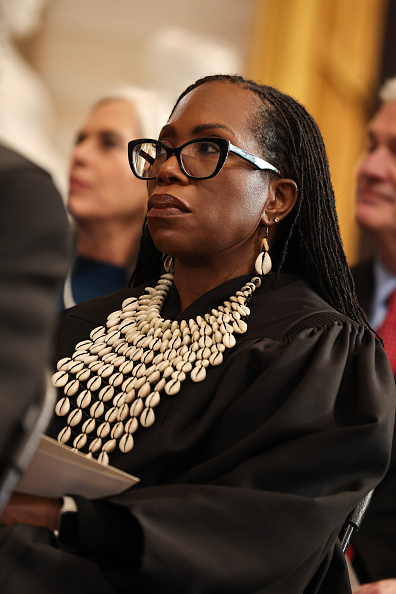9th Circuit: New asylum restrictions likely violate federal law; Bybee wrote opinion

Shutterstock.com.
A federal appeals court on Friday refused the Trump administration’s request for a stay of a judge’s decision that blocked new asylum restrictions from taking effect.
The 2-1 opinion by the 9th U.S. Circuit Court of Appeals at San Francisco said the administration’s decision to restrict asylum claims to those who enter through points of entry was likely inconsistent with federal law that enforces U.S. treaty obligations. The Los Angeles Times, Politico, Courthouse News Service and the Hill have coverage.
The Dec. 7 opinion cited a law that says the United States will accept asylum applications from any immigrant “physically present in the United States or who arrives in the United States whether or not at a designated port of arrival … irrespective of such alien’s status.”
“Here, the executive has attempted an end run around Congress,” the majority said. “Just as we may not, as we are often reminded, ‘legislate from the bench,’ neither may the executive legislate from the Oval Office.”
The court also upheld the nationwide scope of the temporary restraining order. “Although we recognize a growing uncertainty about the propriety of universal injunctions,” the court said, “the government raises no grounds on which to distinguish this case from our uncontroverted line of precedent.”
The majority opinion was written by Judge Jay Bybee, an appointee of President George W. Bush who was a lawyer in the Department of Justice during his presidency.
Judge Edward Leavy said in his dissent that the administration had “adopted legal methods to cope with the current problems rampant at the southern border.”
U.S. District Judge Jon Tigar had imposed a nationwide TRO in November. The case was filed by the American Civil Liberties Union, the Southern Poverty Law Center and the Center for Constitutional Rights.
Write a letter to the editor, share a story tip or update, or report an error.


